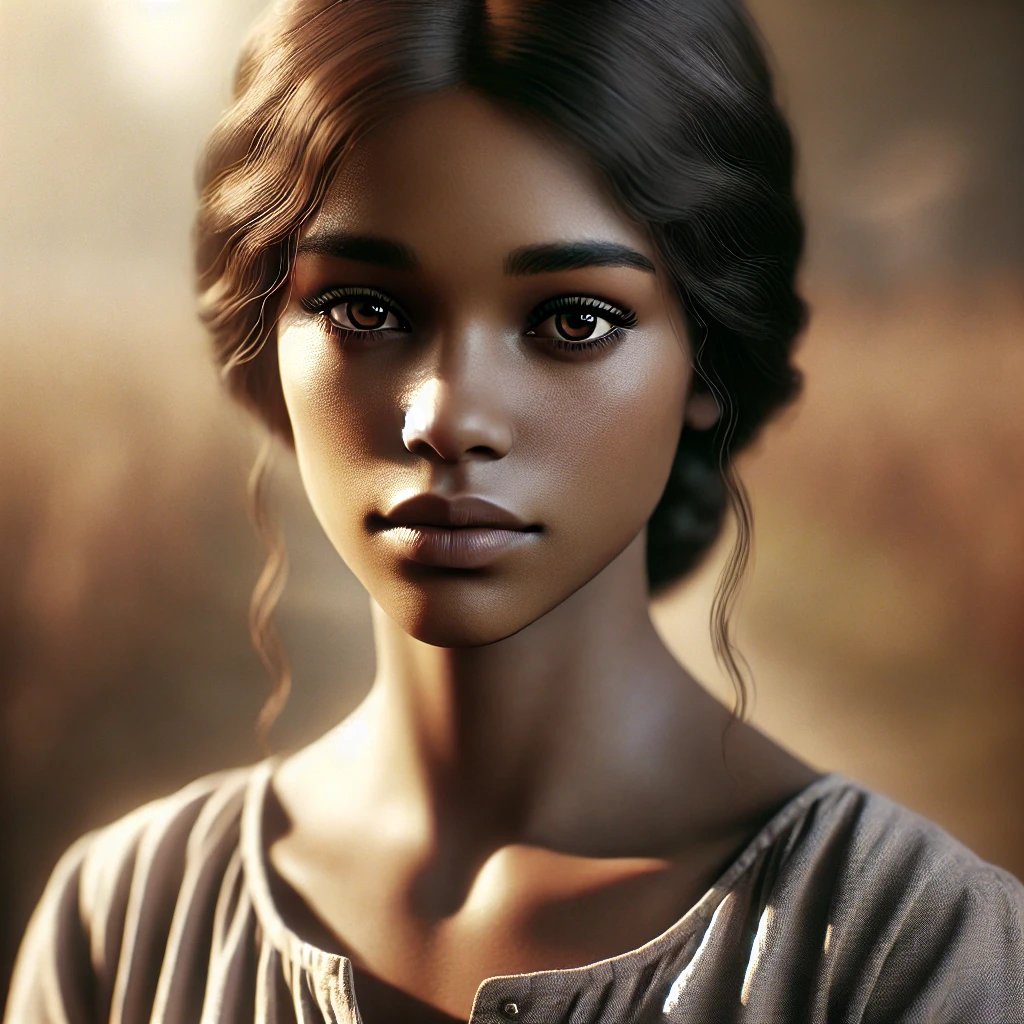The Split Inheritance Mythology
The Split Inheritance Mythology of the Sinners Movie
5/5/20253 min read


The Split Inheritance Mythology
Part 4 - The Mythology of 'Sinners' The Movie
There was a moment - sharp, devastating - when Haylee Steinfeld’s character said:"I don't want to be white.". This took me aback so hard and made me ashamed never to have fully understood this positioning in slavery and Jim Crow enough – the dilemma of being a white passing black. Far from a privilege, while almost certainly coming with privileges, it would have been a burden for many, a castigation for some, so when Lizzie said "I don't want to be white," it was an emotional wall I collided with, a truth I had never quite seen laid so bare.
Because as a Black person living in a world riddled with anti-Blackness —
I know what it is to be hated for being what I am. I know that almost everywhere you turn, in every conversation, under every smile, in every corner of the melting pot of London or anywhere else, there is often a quiet thread of anti-Blackness — even among people who have never seen Africa or a Black person with their own eyes, in their native countries or have never had any personal issues themselves with Black people, as I explore in The Black Continuum.
And yet —even knowing how heavy the world can be, even knowing how much hate and dismissal and danger is laid at our feet —never for a second have I wished not to be Black.
I love being Black.I love being Nigerian, with being of African blood. So when Lizzie said, "I don't want to be white,", that unbearable grief of being trapped in a body that grants you ease, privilege, invisibility —but costs you your belonging was suddenly writ large for me.
Because Lizzie’s struggle was not a fantasy. It was real.
She carried Black blood in her spirit, but her face didn’t necessarily show that, in a world that wants to announce every advent of a human by the colour of its skin. To her, her face bore the image of those who had oppressed, enslaved, betrayed. And in that face, she was offered safety —but only if she denied who she really was . Only if she turned away from the people to whom her blood, her memory, her heart truly belonged. It meant that the man she loved turned her away for her safety and his.
It must be a terrible thing to realise that what should make your life easier —
your appearance - is itself a betrayal of your soul.
To know that you can "pass" among those who would hurt your true people —
and that even your privilege feels like a theft you did not ask for.
And then beyond Lizzie, the thought came crashing in: there must be real white people, even today, who hate what their skin has meant. Who wish they could shed it, not to escape responsibility, but because they want no part in the systems of oppression tied to their appearance. Because they feel the shame and the horror of what whiteness has enabled and excused.
But Lizzie’s cry - "I don't want to be white", was really about belonging.
It was about the ache to be seen truly, fully, faithfully - not by the accident of your appearance, but by the ancestry that sings in your bones, and for that to be fine too. The Split Inheritance Mythology is the myth of the soul and the skin at war. It is the burden of being misread by the world you belong to - and the burden of wanting to belong anyway, fully, fiercely, without apology.
Ultimately, this is what would have made the song of Reverend Enoch and the husband and wife he had made undead, a siren song, as we discuss in the next blog in Part 4.
It was one of the most powerful moments of myth and memory I have ever witnessed on screen and it will stay with me, deeply, as a testament to the unseen griefs that walk beside us every day.
In Part 5 we see how the jgsaw of mythologies - the wants and needs driving each --start to fit perfectly together.
"The Bridgeworks" is an original civilisational framework developed by Chinenye Egbuna Ikwuemesi within Afrodeities.
Unearthing Africa’s myths, history, and stories together.
© 2024. All rights reserved.
© Chinenye Egbuna Ikwuemesi 2025.
All rights reserved.
The Afrodeities Codex and all associated titles, stories, characters, and mythologies are the intellectual property of the author. Unauthorized use is strictly prohibited.
Goddesses
